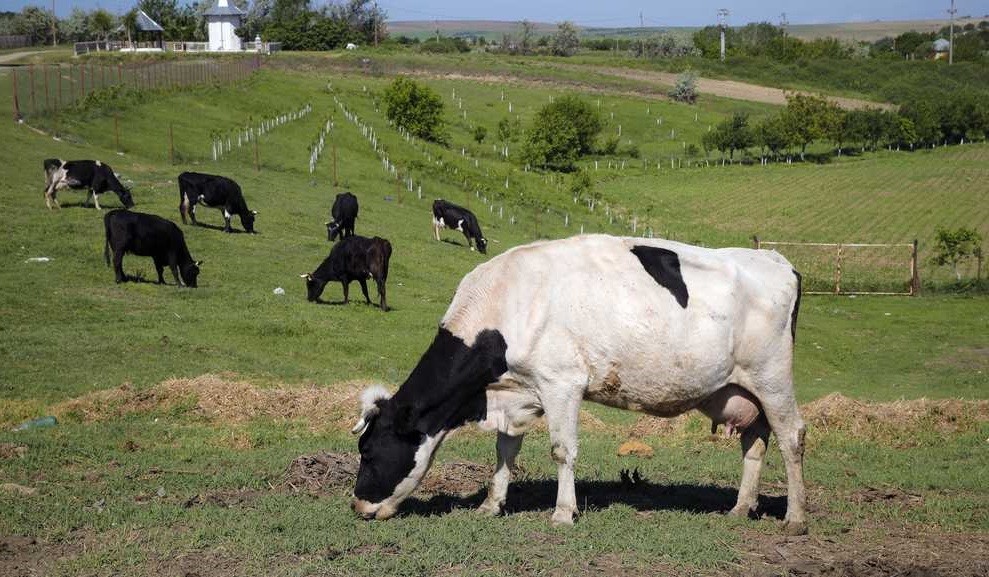27/06/2024
27/06/2024

DENMARK, June 27: In a landmark decision, Denmark’s coalition government has agreed to implement a pioneering carbon emissions tax on agriculture, targeting livestock starting in 2030. This move, which marks the world’s first such tax on farming, aims to address the sector’s significant contribution to the country’s greenhouse gas emissions.
Denmark, known for its robust dairy and pork industries, faces an annual tax of 672 krone ($96) per cow for emissions linked to global warming. Agriculture stands as Denmark’s largest emitter, prompting the government’s ambitious plan to invest 40 billion krone ($3.7 billion) in initiatives like reforestation and wetland establishment to meet its climate goals.
“With today’s agreement, we are investing billions in the biggest transformation of the Danish landscape in recent times,” stated Foreign Minister Lars Lokke Rasmussen on Tuesday. “At the same time, we will be the first country in the world with a (carbon) tax on agriculture.”
While the Danish dairy sector has generally embraced the agreement’s environmental objectives, it has sparked dissent among some farmers. The move comes on the heels of widespread farmer protests across Europe, highlighting grievances over regulatory burdens and environmental standards.
Globally, agriculture contributes significantly to climate change, generating approximately a third of all greenhouse gas emissions. Livestock farming, in particular, accounts for about 12% of these emissions, largely due to methane production from cattle.
Denmark’s parliament is expected to ratify the tax later this year, setting an initial rate of 300 krone ($43) per tonne of CO2-equivalent emissions from livestock by 2030, with plans to increase it to 750 krone ($107) by 2035. A 60% tax reduction will apply initially, resulting in an effective levy of 120 krone ($17) per tonne in 2030, rising to 300 krone ($43) in 2035.
On average, Danish dairy cows emit approximately 5.6 tonnes of CO2-equivalent per year. With the reduced tax rate, this translates to a charge of 672 krone per cow annually, escalating to 1,680 krone ($241) by 2035 with the tax break in place.
“The purpose of the tax is to incentivize the sector to seek emissions reduction solutions,” explained Torsten Hasforth, chief economist at Denmark’s green think tank, Concito. Measures could include dietary changes for livestock aimed at reducing emissions.
While some industry leaders view the tax as a positive step towards sustainability, others express reservations. Peder Tuborgh, CEO of Arla Foods, Europe’s largest dairy group, emphasized the need for the tax to target only emissions that can feasibly be reduced. Conversely, Peter Kiær, chairman of the Danish farmers’ group Bæredygtigt Landbrug, criticized the agreement as overly bureaucratic and potentially detrimental to agricultural investments in sustainability.
Kristian Hundeboll, CEO of DLG Group, underscored the importance of EU-wide alignment in carbon tax policies for maintaining competitiveness and preventing unilateral economic disadvantages.
As Denmark prepares to implement this groundbreaking policy, the global agricultural community watches closely, anticipating its impact on emissions reduction strategies and industry sustainability practices.


